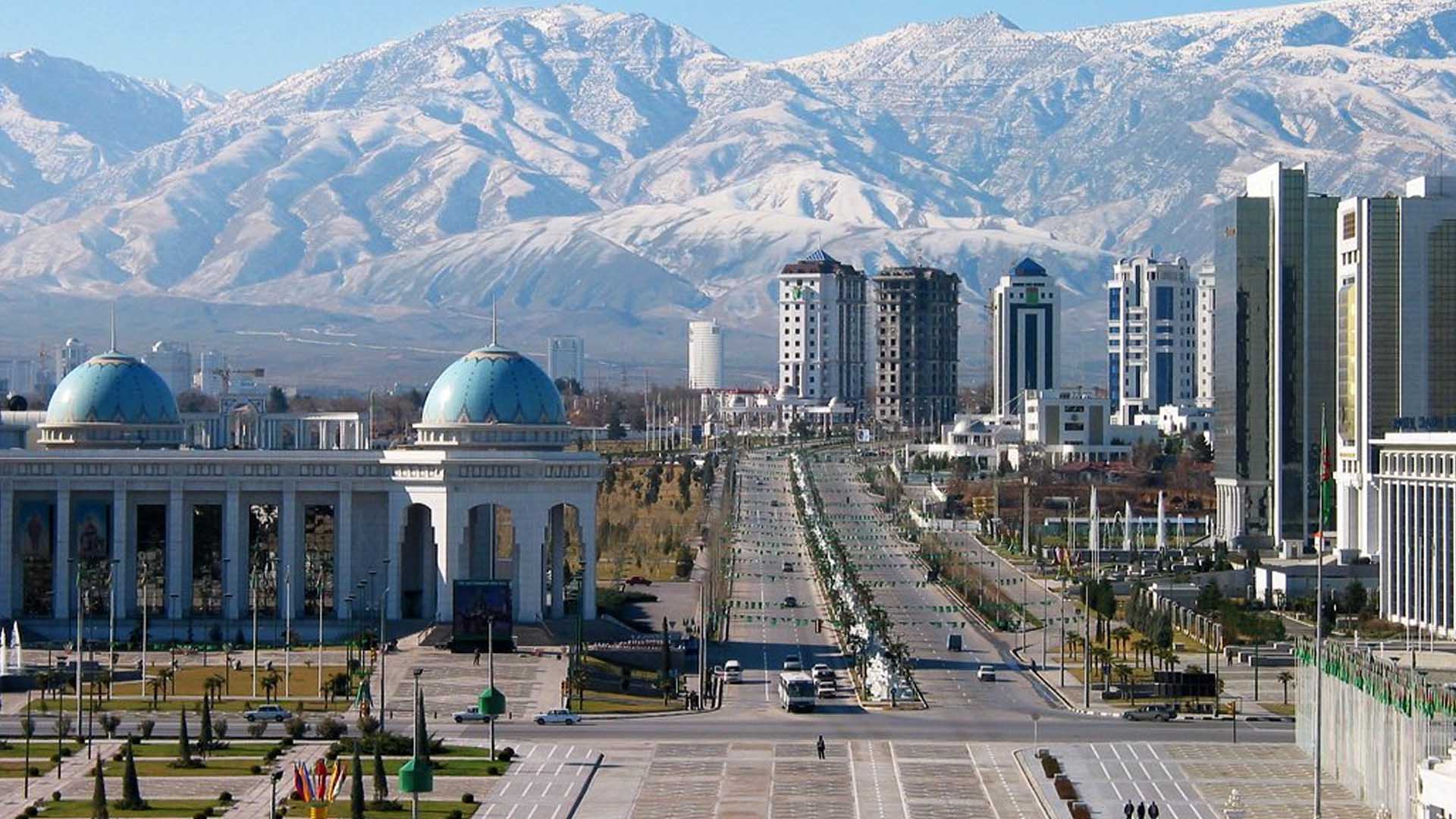The Republic of Kyrgyzstan, which has a population of about 7 million people, has been experiencing a global energy crisis in recent years. And since August 1, an emergency regime has even been introduced there. There, electricity consumption rises by 5-7% annually, while there is not enough existing generating capacity in the country. In this regard, Turkmenistan has agreed to export 1.7 billion kWh of electricity to Kyrgyzstan in 2024. At the same time, how can one decide to become a “donor” in the energy sector if Turkmenistan itself does not have enough power to meet the basic needs of the population?
Recall that in the capital Ashgabat, the local government has introduced rolling blackouts during the hottest season, when the air temperature is abnormally high. And several settlements near the capital remained without electricity for more than a day. As a rule, residents of low-income families and the unemployed were put in difficult conditions. Moreover, despite the poor quality of the services provided, citizens are systematically forced to pay electricity costs in advance. But how is this possible in conditions when it is still a quest to find a job in settlements, and it is impossible to get a job without a residence permit in large cities? The government of Turkmenistan is focused only on its benefits, not noticing what price the inhabitants of the country pay for it every day.
It should be noted that today Turkmenistan is a fairly large exporter of electricity in the region, supplying electricity to Afghanistan, Iran, Uzbekistan, and Kyrgyzstan.









